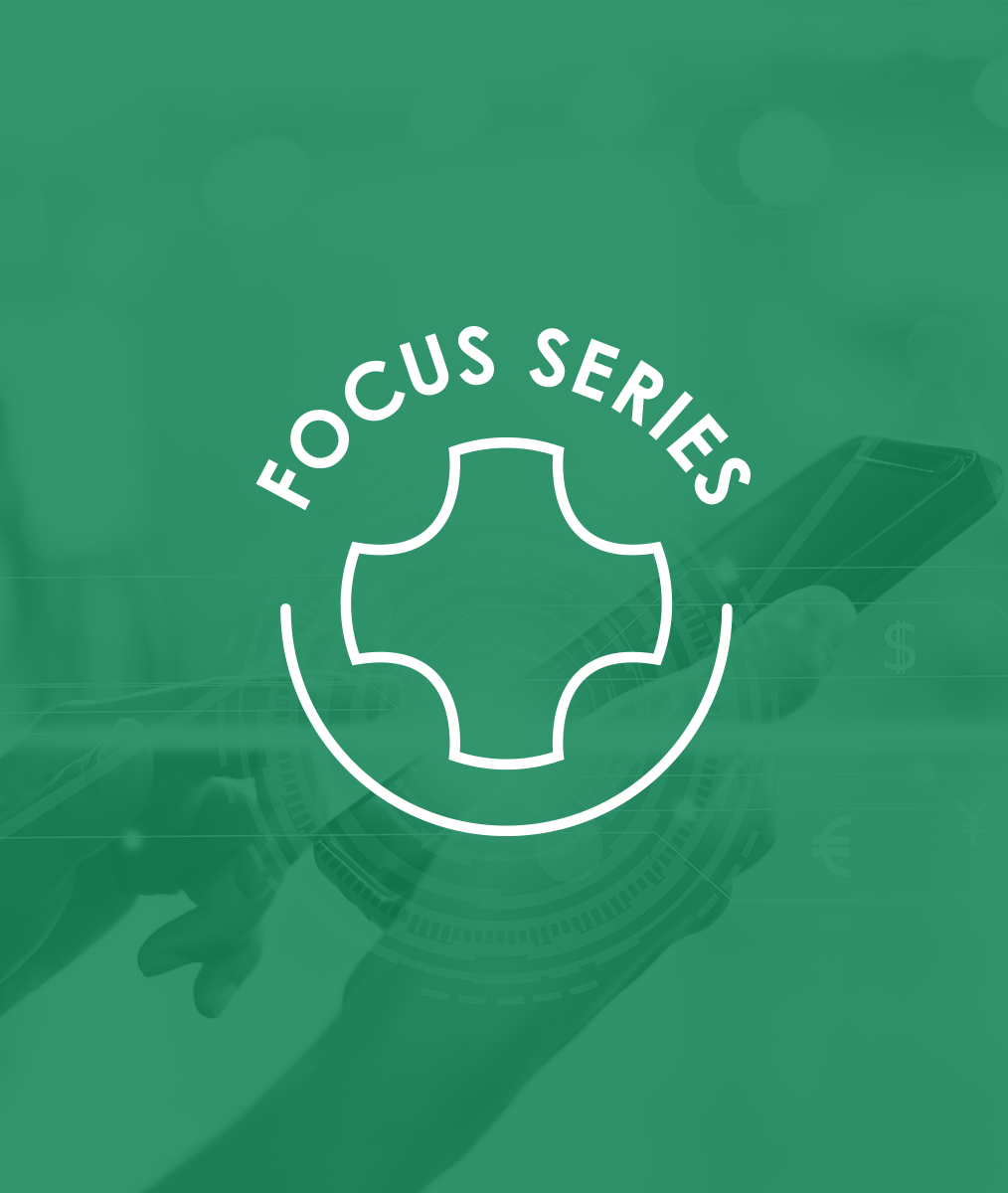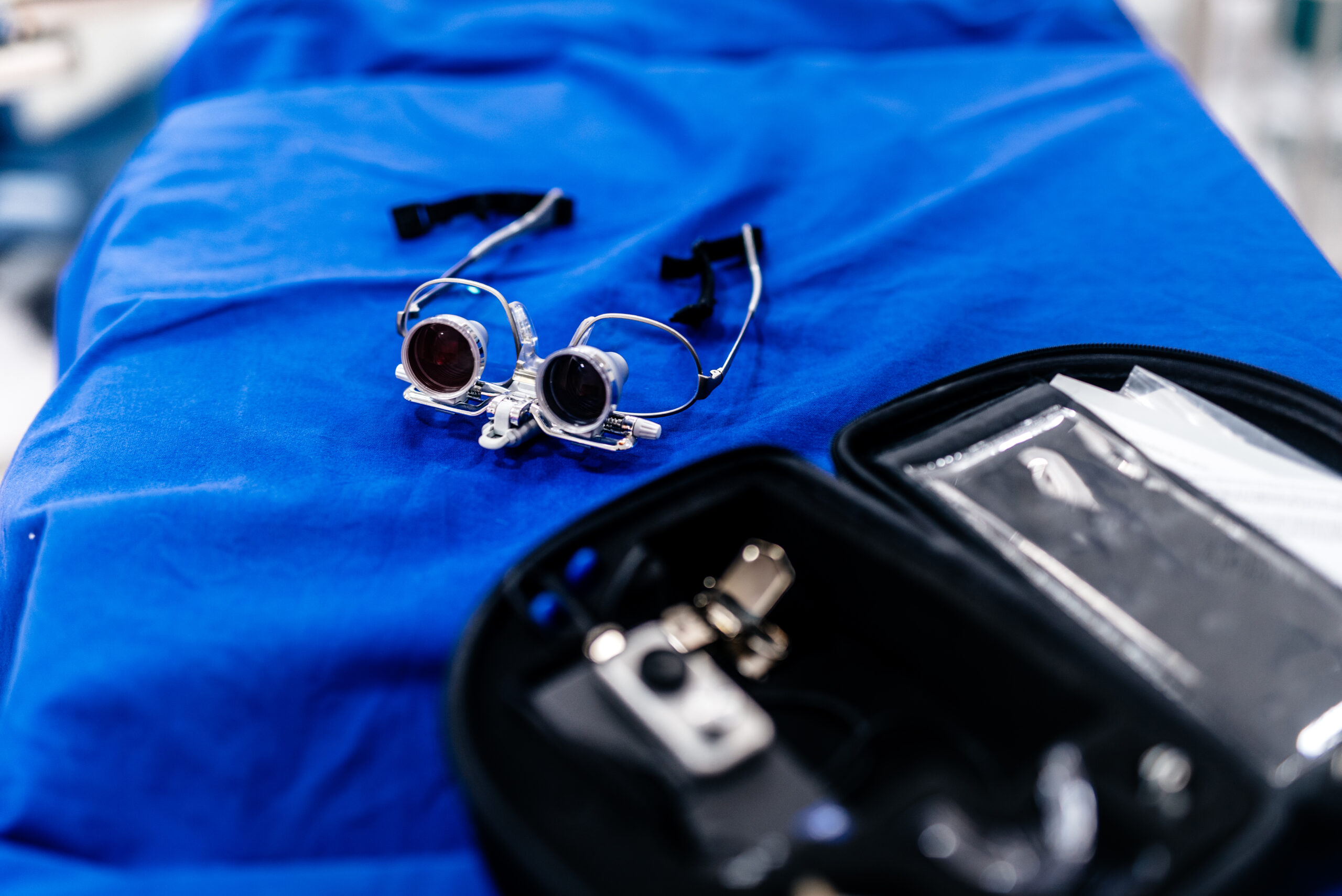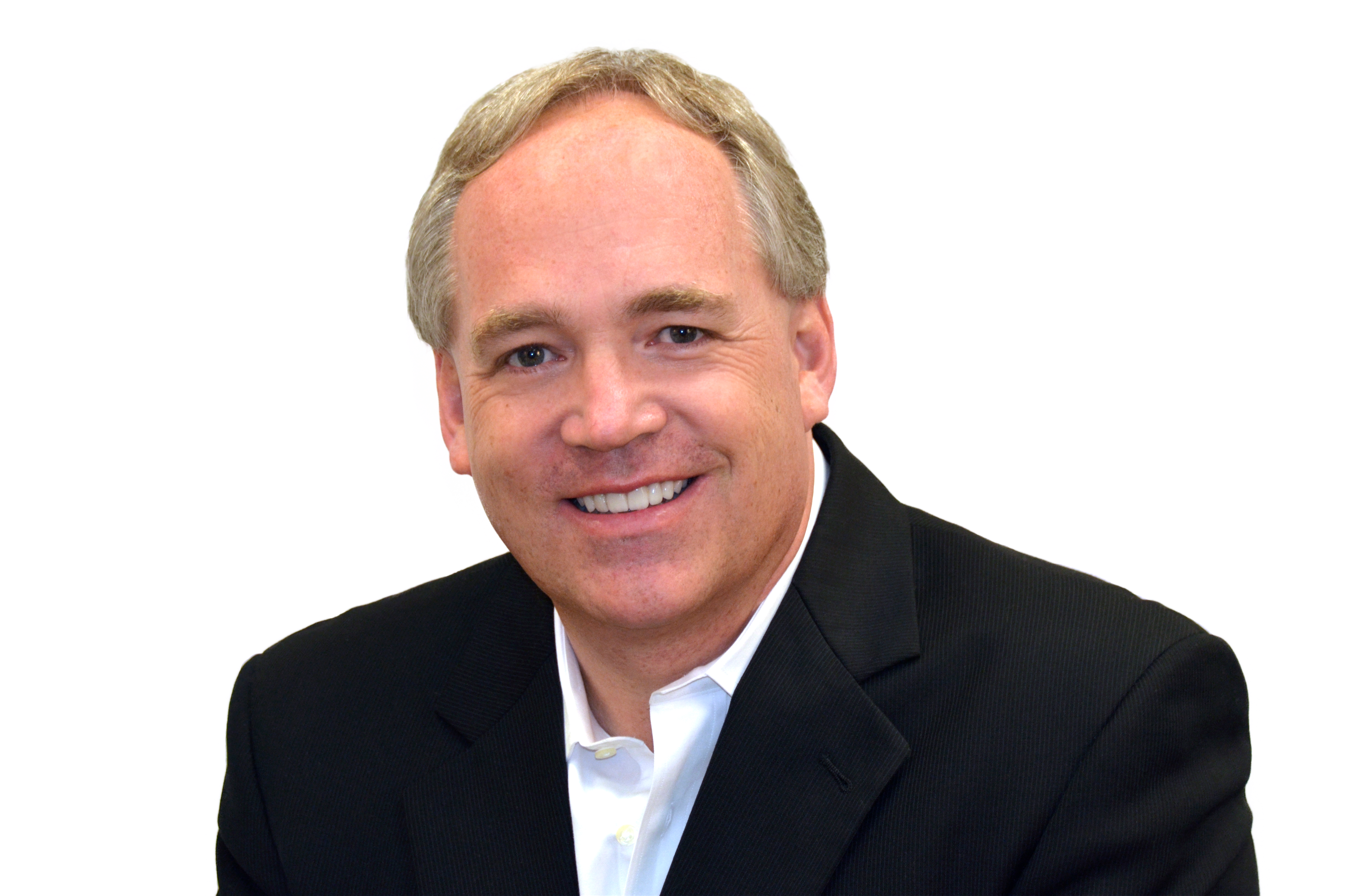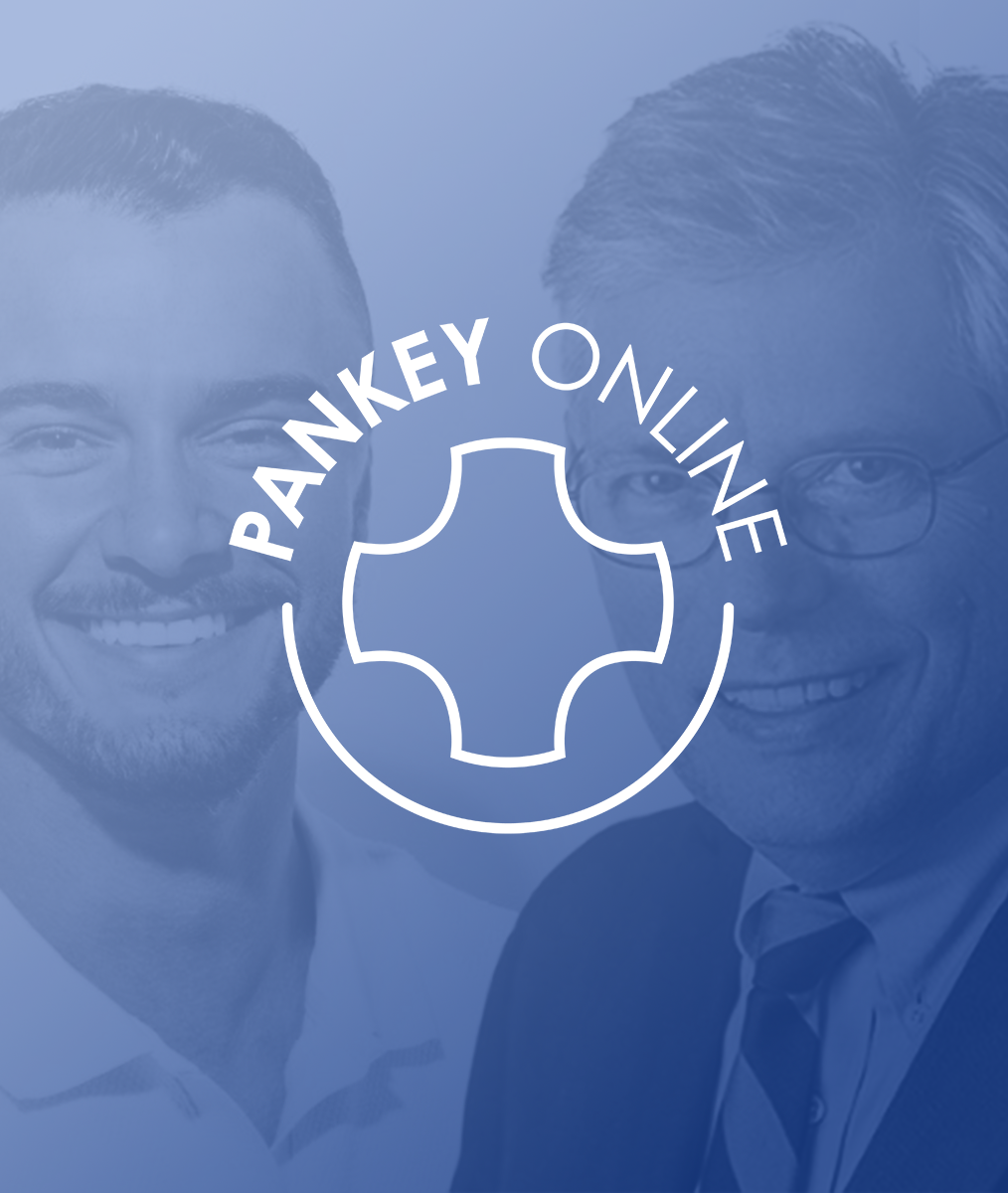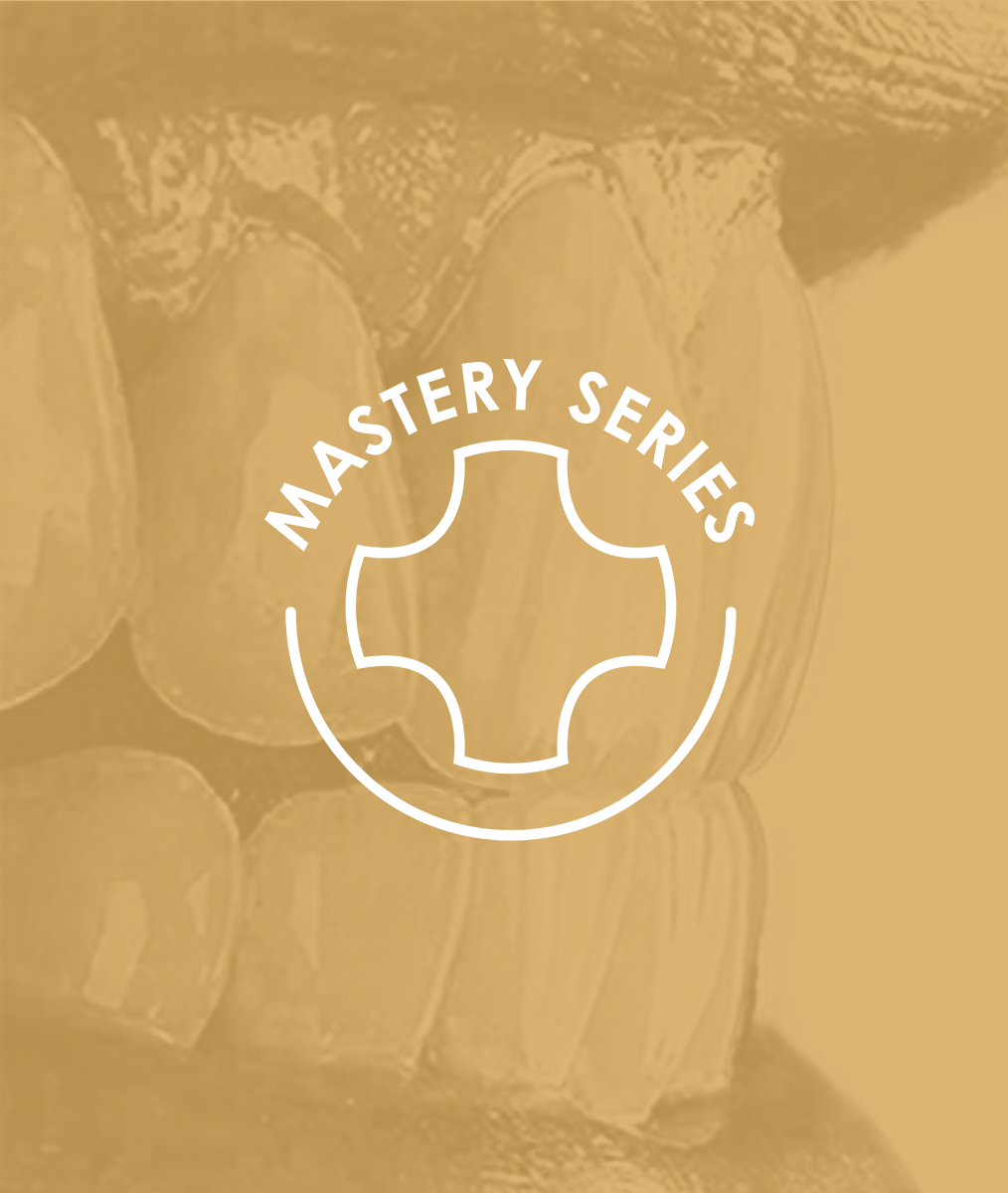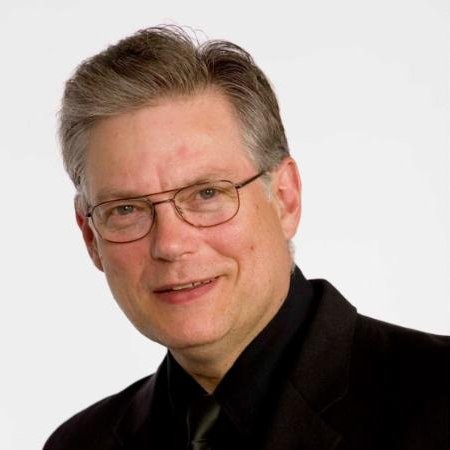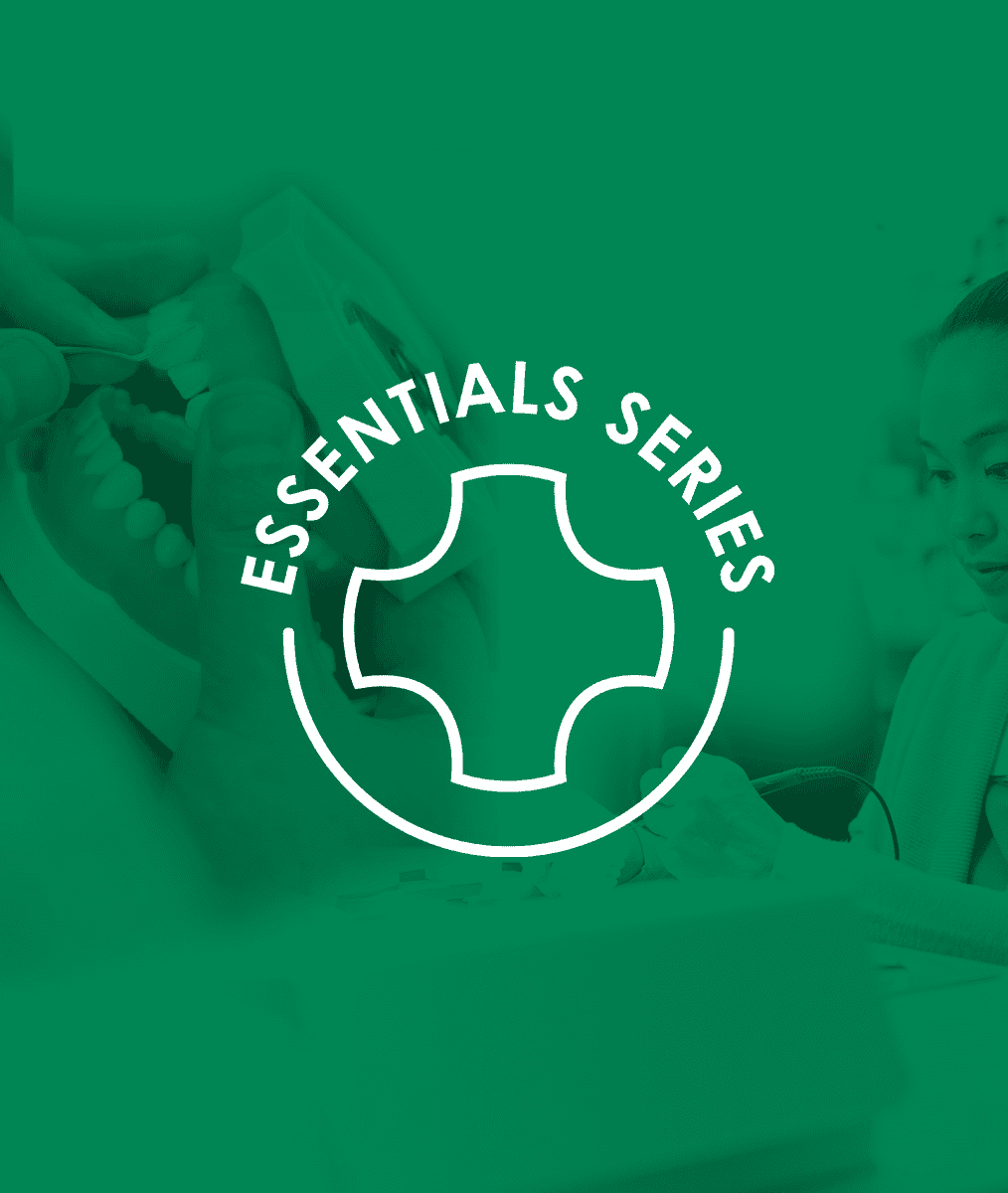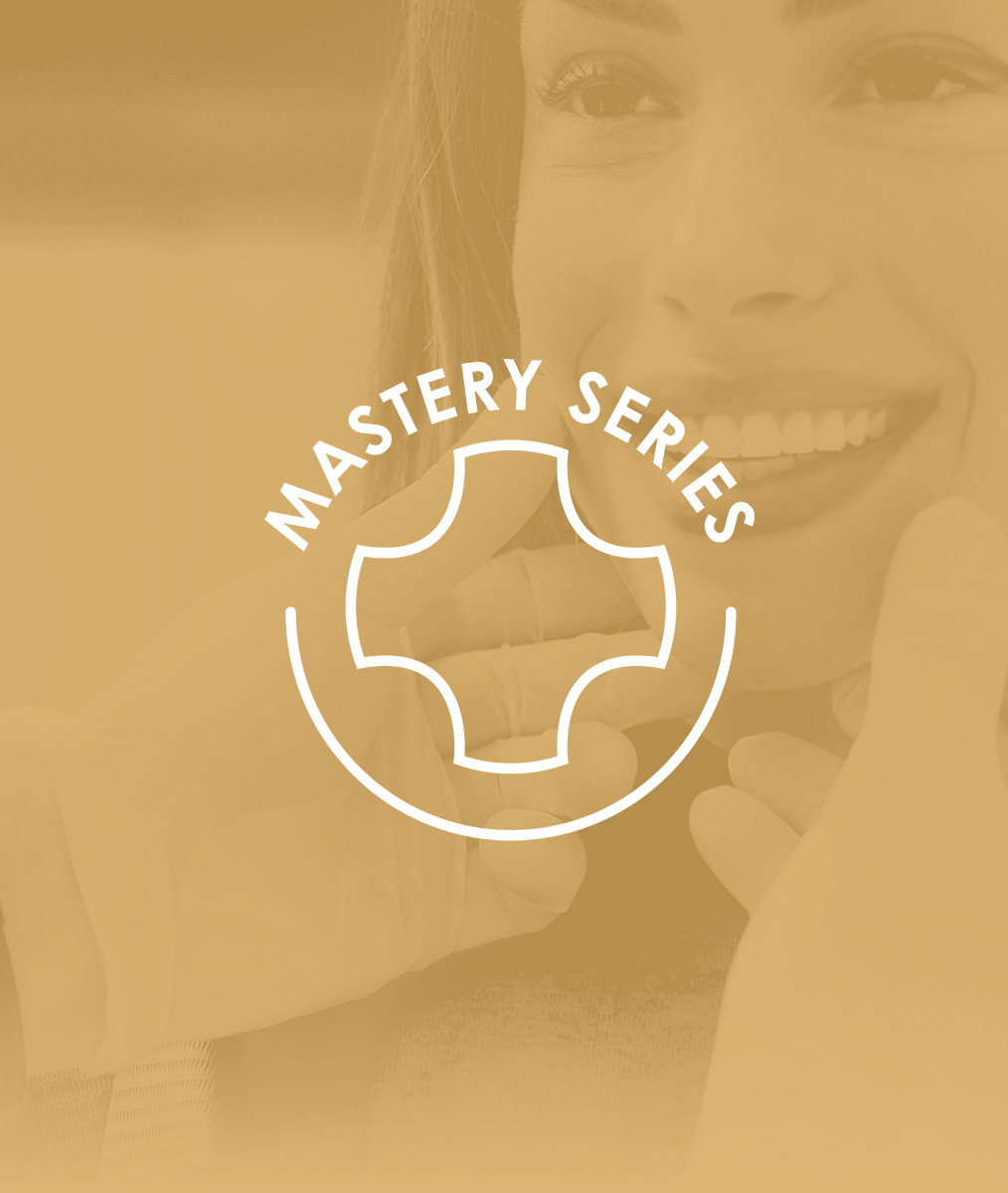Double-Loop Learning in Dental Practice Part 2: The Learning Ladder
By Paul Henny, DDS
Bob Barkley’s “learning ladder” concept, akin to Peter Senge’s “ladder of inference,” emphasizes understanding where individuals stand regarding their knowledge, beliefs, and motivations. When patients or dental professionals are “stuck” on this ladder, they tend to rely on outdated or incorrect mental maps, often described as deductive thinking.
Inductive Thinking Is Double Loop Learning
Progressing on the learning ladder requires engagement of inductive thinking or double-loop learning, which involves challenging existing mental models and the subsequent development of new and innovative solutions.
How I Facilitate Inductive Learning
Here’s an example of how I facilitate inductive thinking which leads to more double-loop learning, the patient moving up the learning ladder, and ultimately better decision-making.
I purchased my practice in 1994 from a retiring dentist, who was competent and capable relative to the state board defined standard of care. He had achieved MAGD status and served in several professional leadership positions. He also had a very confident and caring demeanor, and his patients loved him and believed in his leadership skills. However, he wasn’t comprehensive in his practice philosophy, and subsequently did not spend a lot of time investigating root causes.
The result was that he was tooth-centered and focused on solving or stabilizing current problems, one at a time. His failure to plan for the future dental health of his patients led to many chronic, slightly-below-the-radar problems that were never diagnosed.
For instance, many patients had progressive destruction of their anterior guidance, loss of vertical dimension due to accelerated posterior attrition, and then were fracturing posterior teeth. They had significant occlusal disorders that were causing occlusal disease and the self-destruction of their dentition.
The challenge: How could I get these patients to better understand why their posterior teeth, restorations, or even the roots of their teeth were fracturing when the apparent problem was in the back of their mouth, and the unknown driver of their problem(s) was in the front of the mouth?
The solution: We made study models and took occlusal records. and photographs. We then scheduled each patient for an appointment with me that was specifically intended to allow them the opportunity to learn more about their situation, understand why destructive trends were happening, and allow them the opportunity to choose whether or not they wanted to continue in that direction or alternatively engage in a comprehensive restorative process that would render out optimal form, function, and esthetics.
This type of process creates the opportunity for more double-loop learning, and therefore better decision-making and long-term stability and health in my patient base.
Related Course
Creating Financial Freedom
DATE: March 6 2025 @ 8:00 am - March 8 2025 @ 2:00 pmLocation: The Pankey Institute
CE HOURS: 16
Dentist Tuition: $ 2795
Single Occupancy with Ensuite Private Bath (per night): $ 345
Achieving Financial Freedom is Within Your Reach! Would you like to have less fear, confusion and/or frustration around any aspect of working with money in your life, work, or when…
Learn More>






